People of all ages can experience peer pressure, whether it’s about smoking, drinking, drugs, sex, or just behaving in certain ways. It doesn’t matter whether we are students, adults, elders, or children. The wrong people can influence us by doing bad things that can begin a habit.
Teens are especially vulnerable to peer pressure.
“A teenager’s brain is only about 80 percent developed,” says Gurinder Dabhia, MD, a pediatrician at Scripps Clinic Rancho Bernardo. “Teens have extra unconnected synapses in the area where risk-assessment occurs, and this gets in the way of judgment. In addition, the prefrontal cortex is underdeveloped, which makes teens more sensitive to peer pressure and risky, impulsive behavior.”
Today’s peer pressure isn’t the same as peer pressure a generation ago. According to Parenting New Hampshire, Rob Levey writes, “Peer pressure has changed dramatically since your parents were in school.”
Today, we live in a world that can give us information in a blink of an eye. People can do research and find secret stuff and use that to blackmail or pressure a person into doing something. When our lives are public on social media, we open ourselves up to being victimized. “We live in a culture where every second of our lives can be publicized,” said Marci Blanchette, a counselor writing in Psychology Today.
Many students at SFHS say they have experienced peer pressure.
“I’ve been peer pressured into smoking,” Aubrey Sena states. “I was nervous they wouldn’t like me any more.”
Abby Duran, a sophomore, says she got peer pressured into criticizing someone. “I felt bad afterwards, but I went to apologize later on,” she shares. “We are now friends.”
“I was peer pressured into underaged drinking,” Sheldon Begody, a staff member at Santa Fe High, states.
“People care about what others think across all different age groups—and that influences how much they value different ideas and behaviors,” says Dr. Emily Falk in the article “The Power of Peers” on the National Institutes of Health website.
Having peers is good for us. They can keep us motivated, looking forward to stuff, and they can help us grow and be inspired. However, sometimes having peers can include being peer pressured. They can pressure us to get involved or do something that we are not comfortable with.
“We’ve all experienced letting a friendship go because it didn’t feel great,” says Dr. Rebecca Schwartz-Mette, a researcher at University at Buffalo who focuses on how peer relationships affect the emotional development of teens.
Friendships that make us feel like we’re alone and make you wanna not be friends may be low quality. They might change our behavior or self confidence from criticism, conflict, or aggression. “For youth, low quality friendships can link to poor academic performances and behavioral issues,” an article, The Power of Peers, states.
By contrast, high quality friendships provide support, understanding, and validation of self-worth. These types of friends are healthier and more stable.
Are there different types of peer pressure? Of course there is. The article, “What is Peer Pressure and How Has it Changed?” on the Medium explains.
Insults, which are closely related to bullying, are a type of peer pressure. This type of pressure can make someone feel bad about not doing something; it can make them feel useless, and it can cause them to overthink.
Reasoning is a type of peer pressure. When teens see a list of reasons that seem to never end, they tend to lose perspective, and they can see a bad reason turn into a good one. For example, if we hear about a dangerous act and only hear the pro’s of it, we would want to try it.
Unspoken words can also be a factor of peer pressure. If a peer is being silent, mad, frustrated, or emotional, it can affect everyone around them. It’s all about the silent pressures; simply seeing peers expressing the same behavior can be a powerful motivator to be silent or express emotion.
Negative peer pressure can lead teens in the wrong direction. It can lead them to try alcohol or drugs, to skip school, or to engage in other risky behaviors that can put their wellbeing at risk.
It is not easy to reject negative peer pressure, but when we do, it can make us feel better afterward. We may even be a positive influence to our peers. Peers may follow if we encourage doing something different or refusing to go along with a group.


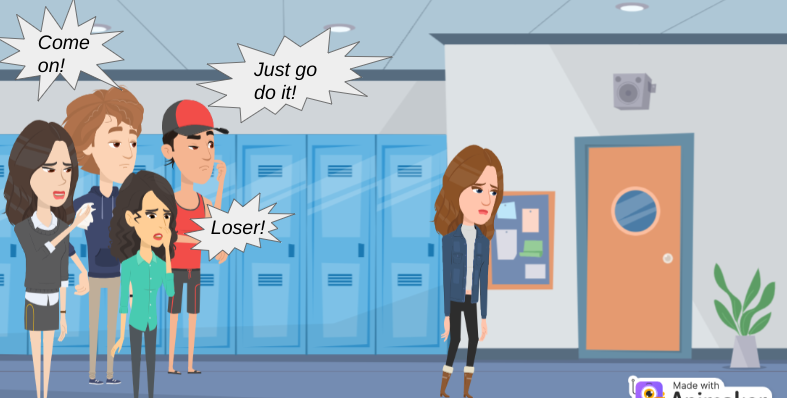
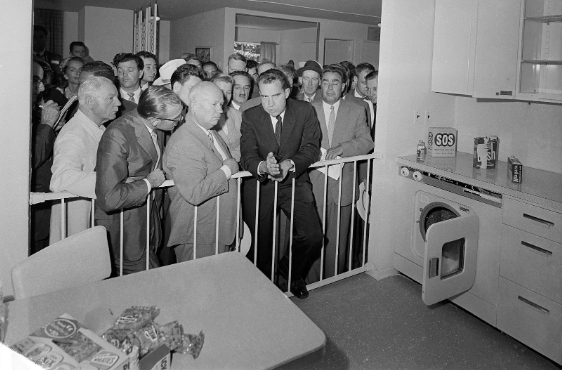



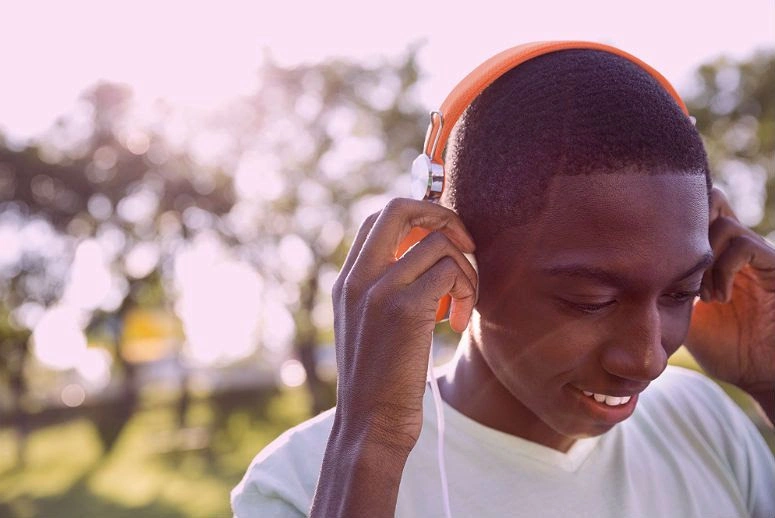

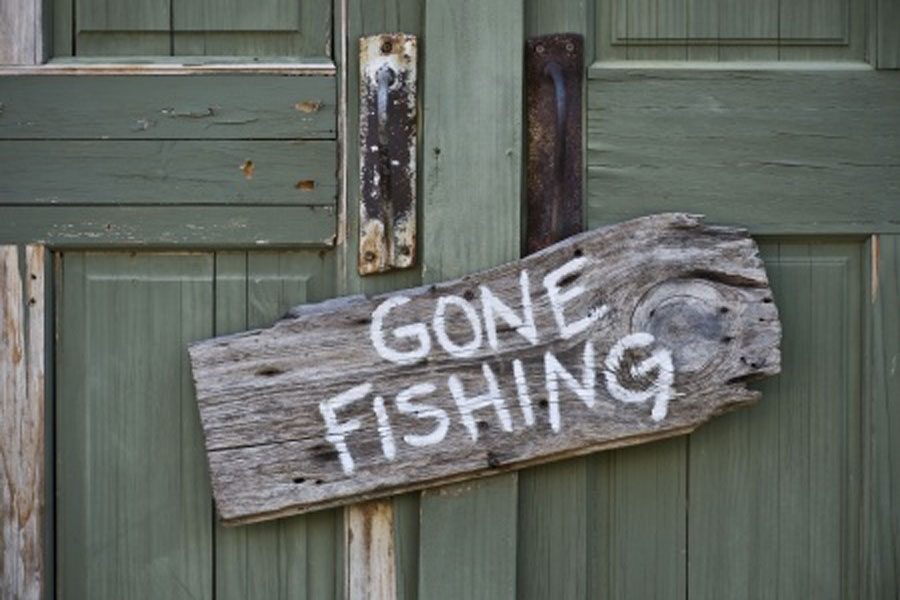
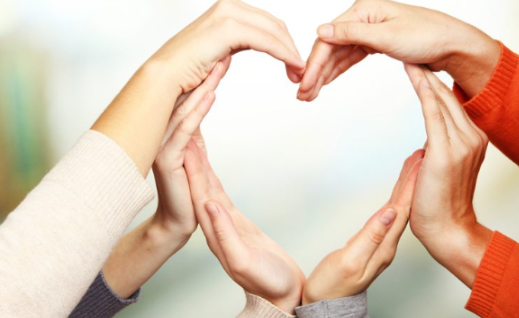
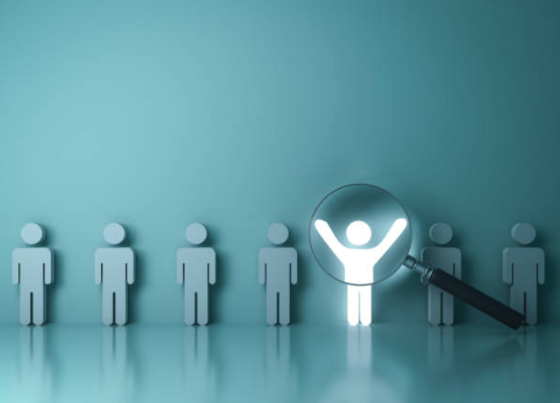
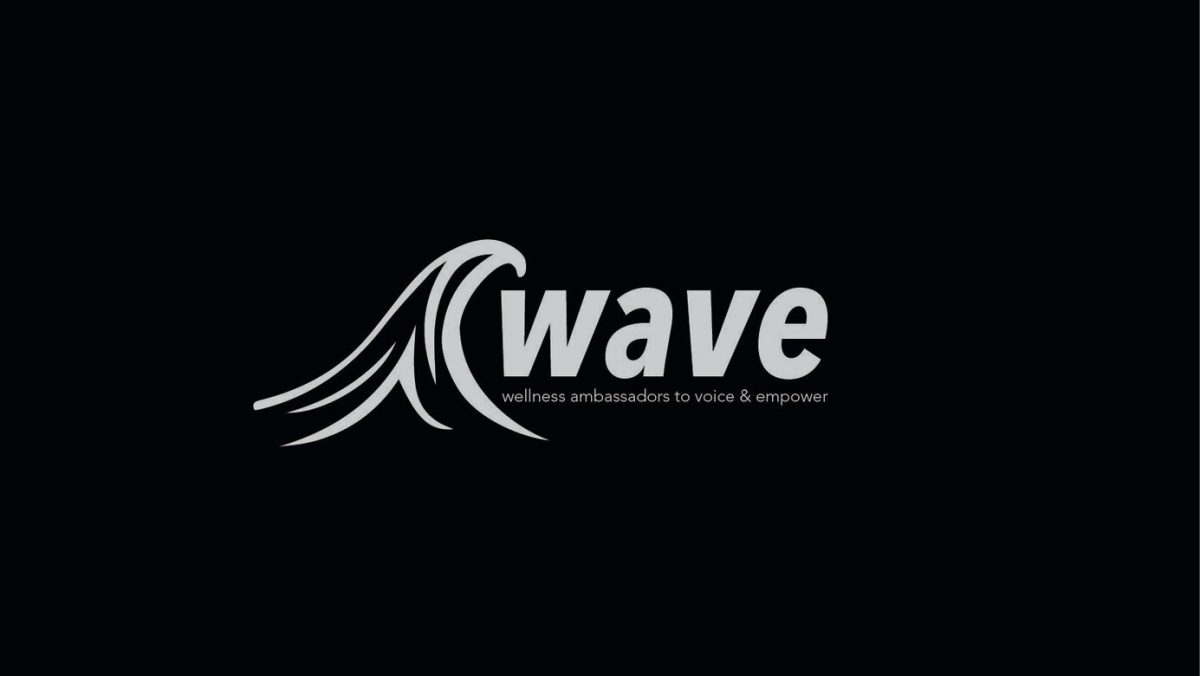

Naomi Chiwai • Jun 23, 2025 at 12:16 pm
This is a great look into the effects of peer pressure! I’m currently writing a literature review about the effects of peer taught aggression within children and have been heavily focused on the negative impacts of peer pressure. The insight that children can positively influence one another has made me consider researching the other side of peer influence. It would also be interesting to know if the effects of peer pressure is greater through social media than in person pressure. Would love to hear if you have any thoughts or research on that matter!